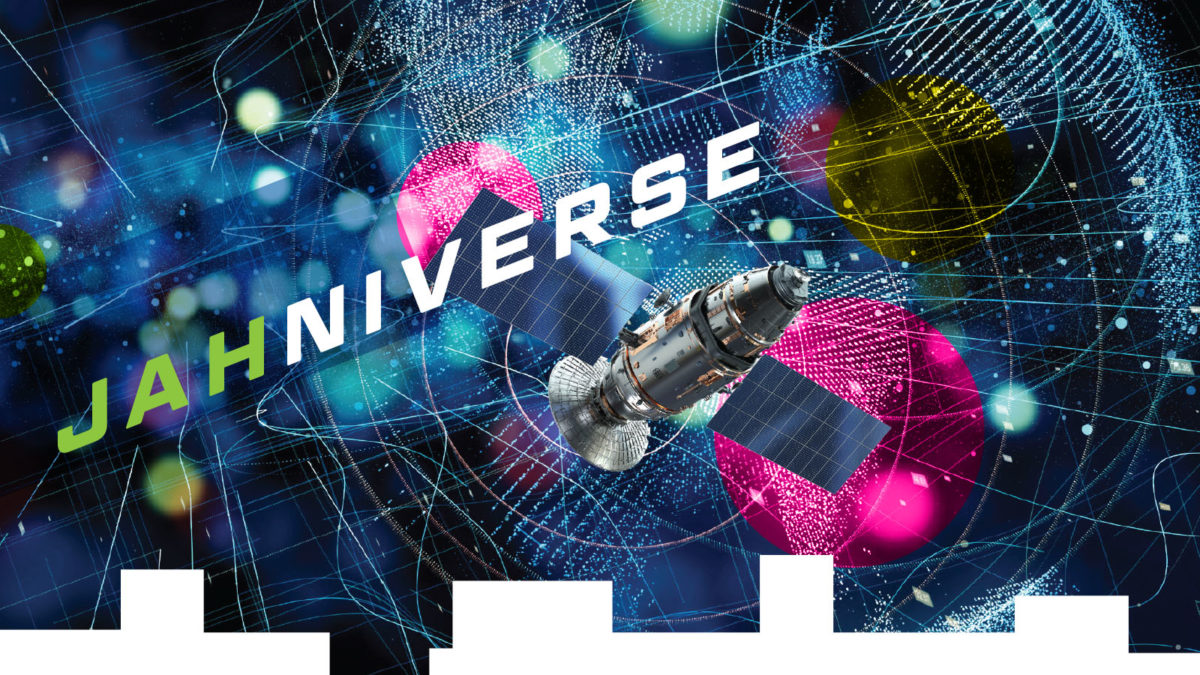Fining DISH Network for debris sets a necessary precedent
By Moriba Jah|December 2023
The fine that DISH Network has agreed to pay for failing to move one of its geosynchronous television satellites to an assigned graveyard orbit marks a crucial turning point in the effort to spur space operators to act responsibly when their satellites approach the end of their lives.
The amount of the fine, $150,000, is not the main reason this is a turning point. Rather, it’s the pioneering aspect of it: “This marks a first in space debris enforcement by the Commission,” the U.S. Federal Communications Commission said in announcing the October settlement. Declaring the action as a “first” suggests that there will be other enforcement cases, making the DISH fine a precedent that hopefully signals a growing commitment among governmental and regulatory bodies to address the space debris issue and hold entities accountable for their actions.
The development couldn’t have come sooner. The danger of catastrophic collisions is undeniable in a space environment with nearly 500,000 pieces of debris larger than 1 centimeter. The peril extends from geosynchronous equatorial orbit (GEO) 36,000 kilometers above the equator, down to low-Earth orbit — home to the International Space Station, a beacon of international scientific research and cooperation in space, as well as the Chinese space station.
Historically, the satellite industry has largely operated under a self-regulatory framework for debris mitigation. One repercussion of that leniency was the case of EchoStar-7. DISH relegated the satellite to an orbit a mere 122 kilometers above its operational orbit, rather than to a minimum altitude of 300 km above that orbit, as specified in the orbital debris mitigation plan in DISH’s license, according to FCC. Such negligence not only endangers active satellites but also highlights the dire need for measures against noncompliance. We should also use this example to create a marketplace for space insurance companies to aid in driving space operators toward increased safety, security and sustainability.
DISH reportedly argued that EchoStar-7 was grandfathered out of the FCC’s requirement for a minimum disposal orbit. Setting aside the legal intricacies of that argument, all operators knew about the globally agreed-upon GEO disposal guidelines created by the Inter-Agency Space Debris Coordination Committee long before FCC incorporated this requirement into its legal licensing.
The DISH case also points to a need for global transparency about who is or isn’t compliant with GEO disposal. To that end, my research group at the University of Texas at Austin has developed the GEO disposal Compliance Assessment Monitor, or GEO-CAM. This software plumbs the orbital records aggregated and curated in our online ASTRIAGraph database. Users can go to an associated website and get a demo of this capability, which provides records of 100 compliant and noncompliant GEO satellites. Currently, FCC mainly relies on operators to self-report the end-of-life disposal of their satellites, and once a satellite is disposed of, the operator no longer pays a regulatory fee to FCC for that satellite. FCC monitors broader trends through publicly available data, such as the European Space Agency’s annual GEO satellite report. The difference with GEO-CAM is that regulators could use it to monitor orbits independently and dynamically based on multiple sources of information and on a daily basis, instead of annually.
Also, fines for noncompliance should not be looked at as punitive in nature, but rather as preventative. We stand at a critical juncture where the establishment of a robust and stringent regulatory framework is essential to ensure responsible space object disposal — in the EchoStar-7 case, to a designated graveyard orbit. The objective must be for companies and organizations to not only adhere to space debris mitigation regulations but also to actively prioritize and invest in practices that safeguard the space environment for the benefit of future generations. Fines can serve as powerful incentives, encouraging companies to embrace effective practices and contribute to a cleaner, safer and more sustainable space environment.
The bold step taken by FCC should inspire regulatory bodies worldwide to follow suit and hold those out of compliance accountable. Only through unified action and a collective commitment to responsible space behavior can we hope to mitigate the growing menace of space debris and ensure that outer space remains accessible and secure for all of humanity. Let this fine be the catalyst for a brighter, cleaner future in the cosmos.








